Games of 2010: Red Dead Redemption
First great western.
The effect is magnified because it is the first song you hear in hours and hours of gameplay. Rockstar achieves more emotional impact in those few minutes with a single acoustic number than an entire GTA soundtrack.
The next time we hear a song is towards the end of the story. With a line that cuts to the heart of Marston's predicament - "Our time has passed, John" - Dutch leaps to his death. Finally, Marston is freed from Government servitude and given back his life, his family.
Again, I could have ignored the music - another acoustic track, Compass by Jamie Lidell - and skinned my horse for kicks; or I could have replicated the swagger of the earlier border crossing.
But the previous 20 hours of gameplay had been building towards this moment, where Marston would at last be reunited with Abigail and Jack. And so I galloped as hard and as fast as I could, down through the snow-covered hills and on to Beecher's Hope. Home.
While GTA games have always been artistically remarkable, I'd never call them beautiful. Red Dead Redemption is a beautiful game. And it's also one of the great sightseeing games.
Uncharted 2's vistas were stunning to behold but the linear gameplay meant you could never truly explore them - the wonders of the horizon will always remain tantalisingly out of reach.
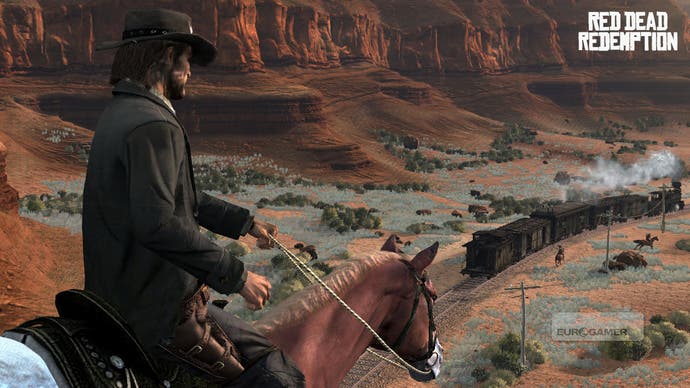
Red Dead lacks the breathtaking fidelity of Naughty Dog's masterpiece, but it trumps it with a straightforward but powerful promise: if you can see it you can go there.
I haven't enjoyed the simple act of travelling through a game world as much since The Legend of Zelda: The Wind Waker. In Nintendo's game, quietly floating across the moonlit sea beneath a sky of stars was a pleasure in itself. Similarly in Red Dead, taking a train ride or idly trotting along the bank of a river as the water burbles past is strangely consoling.
From colossal, arid rock formations to lush forests teeming with wildlife, Marston's world is full of sublime 'Kodak moments' - I routinely found myself seeking out the best vantage point to watch the sun rise.
The experience is no more vivid than when it is reduced to its essentials: one man, on horseback, riding between the long shadows of a distant sunset. Pre-programmed by a diet of Westerns the immediate response is just to marvel at how utterly cool this cowboy is.
Setting aside all the artistry on display it is John Marston, ultimately, that makes Red Dead Redemption. Brilliant writing and a superb performance by relative unknown Rob Wiethoff make a mockery of rival titles' cinematic pretensions (I'm looking at you, Alan Wake, you cloying, cliché-ridden berk).
Marston's stature becomes clear in his absence. After his death, the avenging son, whose role you assume, cuts an anonymous, uncharismatic figure in the wake of his father's turn as one of the most compelling, memorable characters in videogames.
Abigail Marston: We tried to change, isn't that what you're supposed to do?
John Marston: We did change and it's over now.

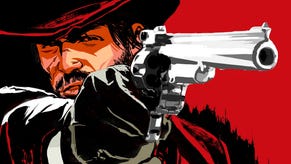
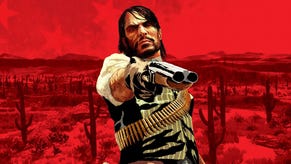
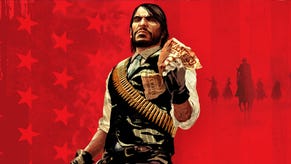
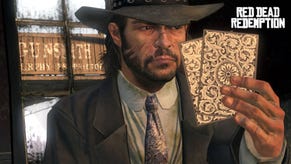
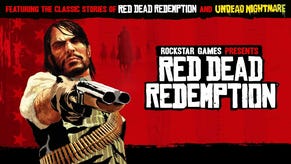
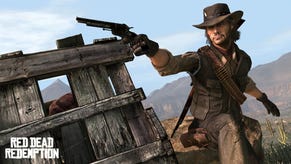
.jpg?width=291&height=164&fit=crop&quality=80&format=jpg&auto=webp)







